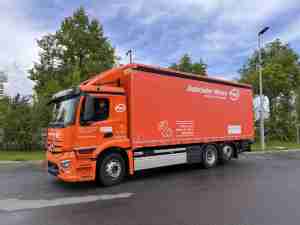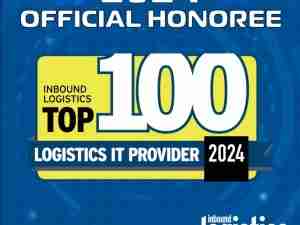The latest Kroll Global Fraud Report highlights the growing danger of supply chain fraud to businesses worldwide. Large companies have increasingly become 'extended enterprises' as they have globalized, outsourced, re-engineered their business processes, brought business partners and vendors closer and specialized their functions. The result makes them more complex and leaves them vulnerable to an array of frauds ranging from simple theft, to the misrepresentation of inventory to fool investors, through to counterfeiting, grey market diversion and piracy.
'Fraud thrives on complexity and companies are facing fraud from the very beginning, on every single factor: raw materials, production, and delivery,' said Richard Abbey, a London-based managing director at Kroll. 'Today's supply chains are a multi-faceted, complex web of relationships and processes that often spans a number of continents as companies become larger and more global in scope.'
One sector that has suffered significant problems, with potentially dire consequences is the pharmaceutical industry, as recent scandals in the US indicate. Its increasingly complex patterns of production, distribution and sales make it vulnerable. According to America's Food and Drug Administration (FDA) the volume of fraudulent drugs in the supply chain has increased fivefold between 2001 and 2007 with fraudulent e-pharmacies raking in up to six billion dollars per year.
The World Health Organization (WHO) estimates that roughly 10 percent of drugs on the market worldwide are counterfeit; as many as 25 percent may be so in developing countries.
While companies work to secure their supply chains, thieves are working just as hard to exploit the vulnerabilities. Cargo theft, for instance, is estimated to be a $12 billion problem in the U.S. alone, according to the International Cargo Security Council. Unfortunately, the thieves preying on companies aren't always on the outside. Internal theft throughout the supply chain is a major risk as well.
Through their experiences helping companies to investigate internal fraud issues in the supply chain, particularly in logistics and transportation, Kroll experts have identified the following red flags:
- Abnormal selection of vendors: When a single individual selects service providers, related, controllable or illicit players can be chosen;
- Payments outside the normal accounts system: Be warned if payments are hand delivered, approved manually or not accompanied by a proof of delivery;
- Unusual payment patterns: Falsified invoices rarely follow the same patterns that come from honest suppliers. Watch for an increase in payments to one vendor, a high number of transactions under audit thresholds or multiple invoices on the same day;
- Rates paid are out of line with the company's standing in the market: It is difficult for a carrier that earns a fair profit to distribute part of their revenues in kickbacks or illicit payments, so their charges may be higher;
- Unexplained lifestyle improvement: Luxury cars, trips or vacations with suppliers, and purchases of real estate may all point to a problem;
- Complaints or tips: Corrupt staff members try to get rid of non-conformers, exclude them from the 'in crowd' and marginalize complaints from co-workers.
'When red flags have surfaced, we've found fraud in some cases and incompetence in others,' said Mark Sullivan, a Chicago-based managing director at Kroll. 'In every case however, clients were paying millions (five to 25 percent) more than they should have for services rendered.'
As the paperless office becomes a reality, more and more businesses use electronic media to store records and business data. Stefano Demichelis, a senior director in Kroll's London office added: 'Since it is relatively chea









